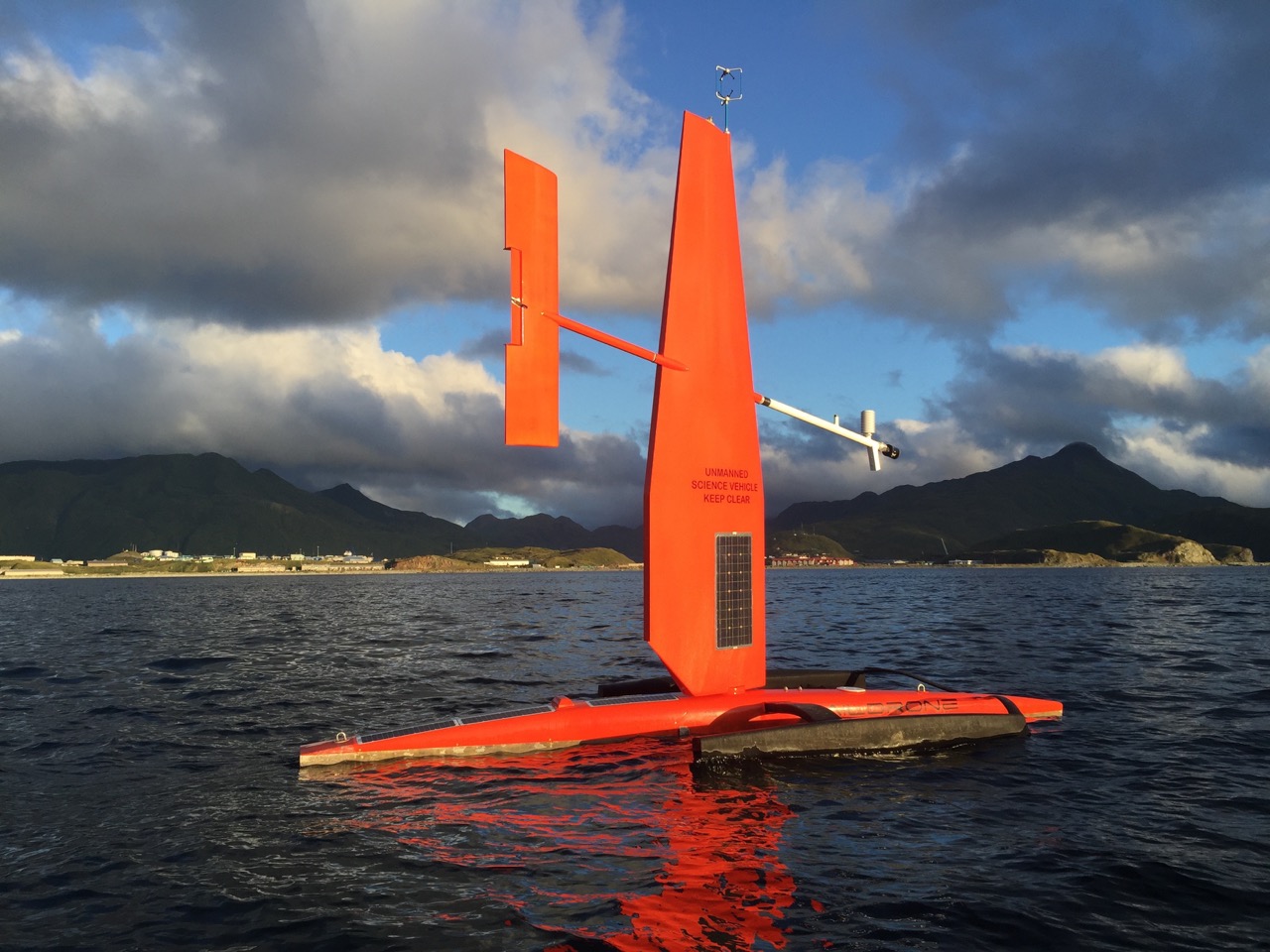
Arctic Saildrone
The Arctic Saildrone is a wind-powered, unmanned surface water vehicle able to reach remote and harsh environments in the Arctic to collect important atmospheric and oceanic data.

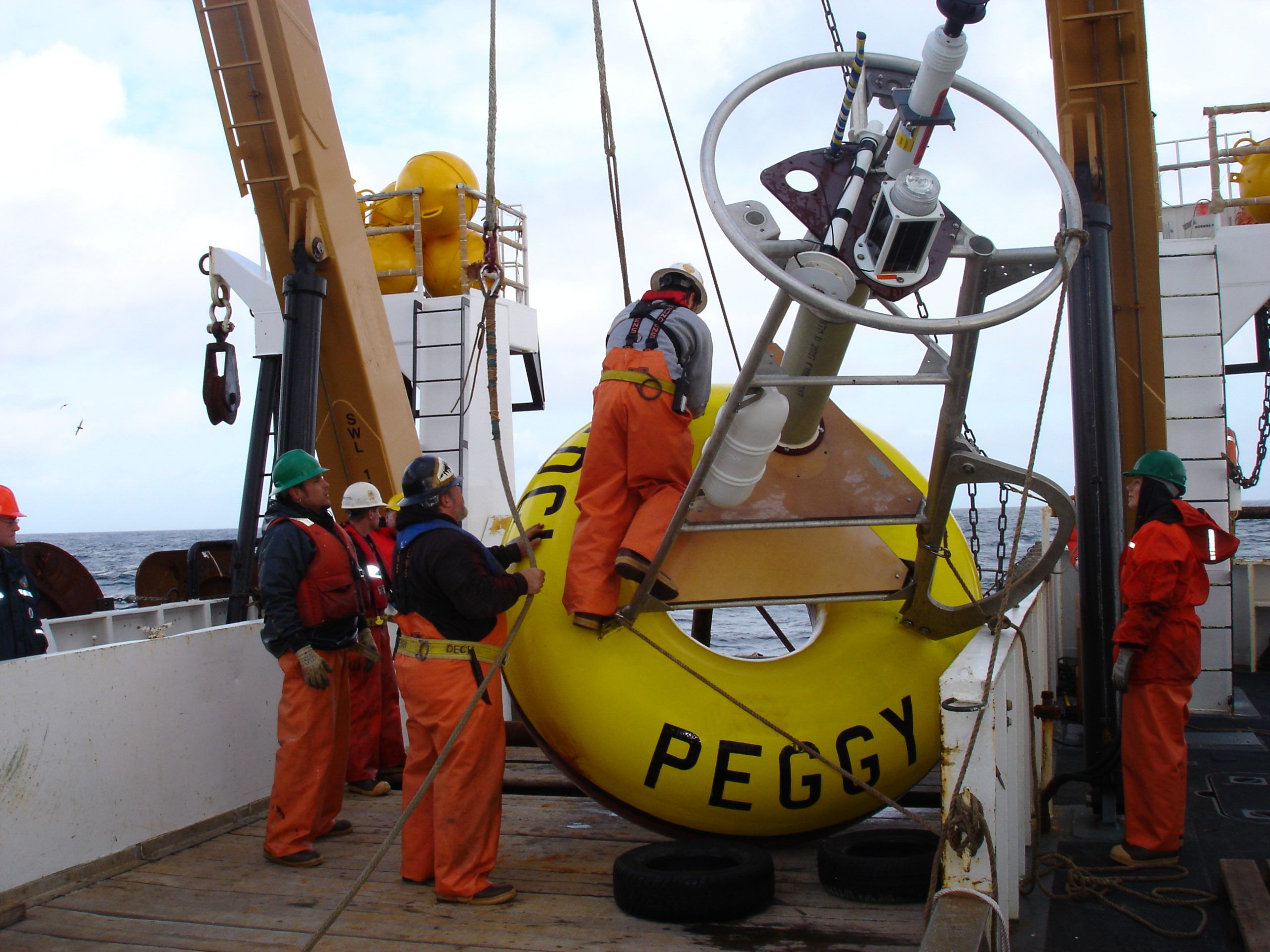

The Arctic Saildrone is a wind-powered, unmanned surface water vehicle able to reach remote and harsh environments in the Arctic to collect important atmospheric and oceanic data.
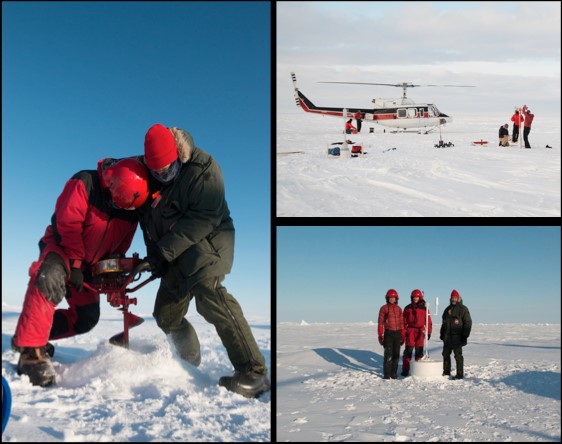
The International Arctic Buoy Programme (IABP) is a joint effort between multiple international agencies to deploy and maintain Arctic buoys in the Pacific Arctic region for the purpose of collecting oceanic and meteorological data. Primarily supported by ARP for the US section, IABP also receives support from other private and public agencies in other Arctic nations. These buoys are an important component of Arctic research and will continue to be crucial for real-time meteorological predictions and sea ice research in a changing Arctic environment.
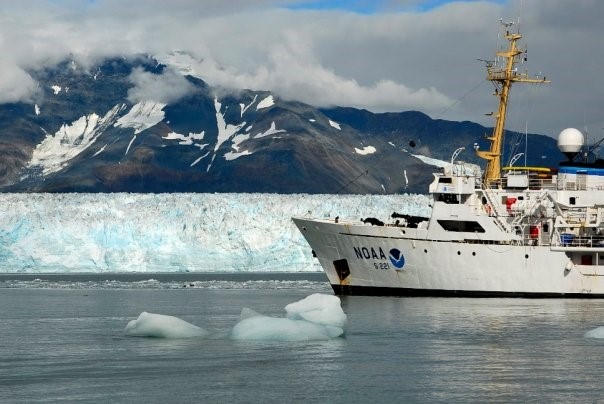
The United States Arctic Observing Network (U.S. AON) is an initiative to promote sustained and well-defined networks of Arctic observations through collaborative development across U.S. Federal agencies and other partners.
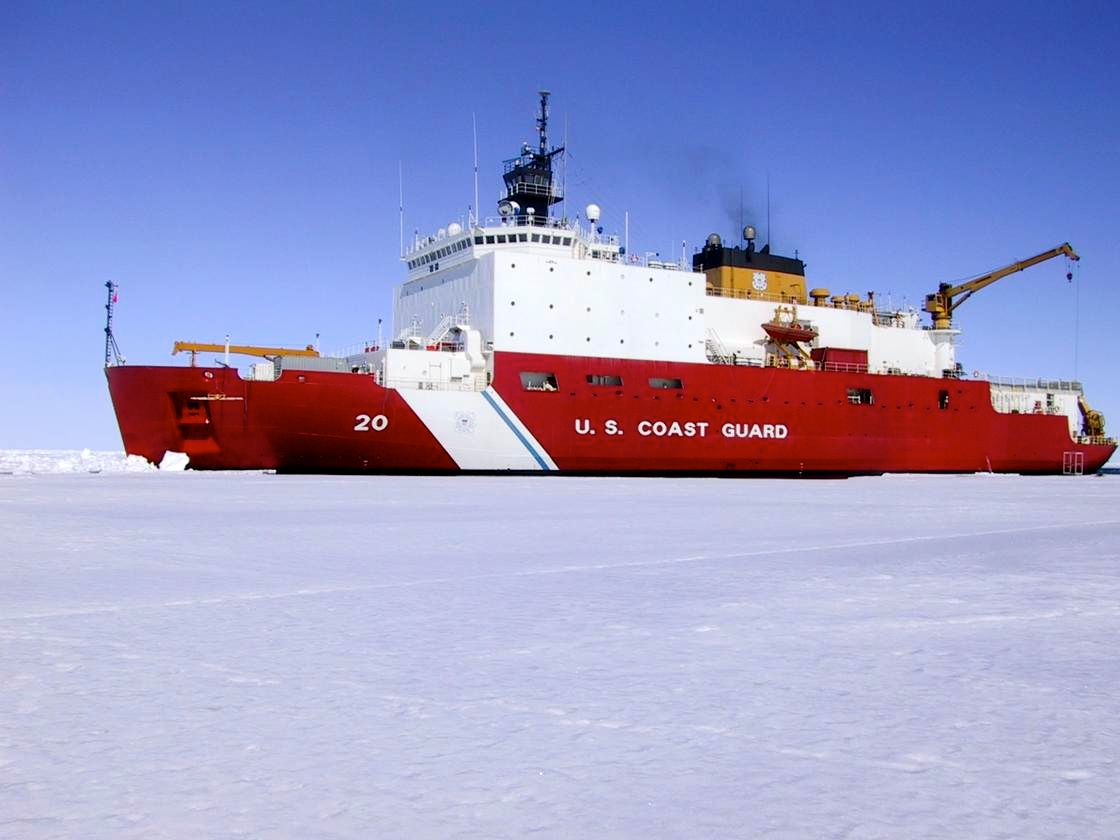
The Distributed Biological Observatory (DBO) is a multidisciplinary Arctic ocean sampling program supported by the NOAA’s Arctic Research Program. ARP supports an annual scientific cruise to the Pacific Arctic region during which U.S. scientists take a wide range of physical, chemical, and biological samplings.